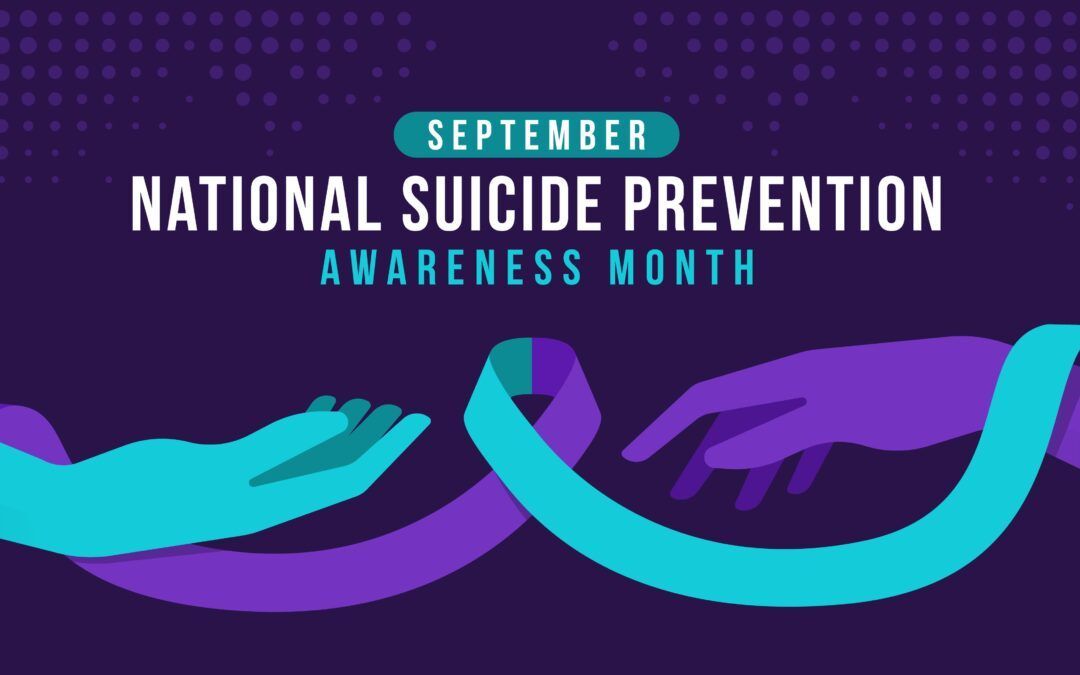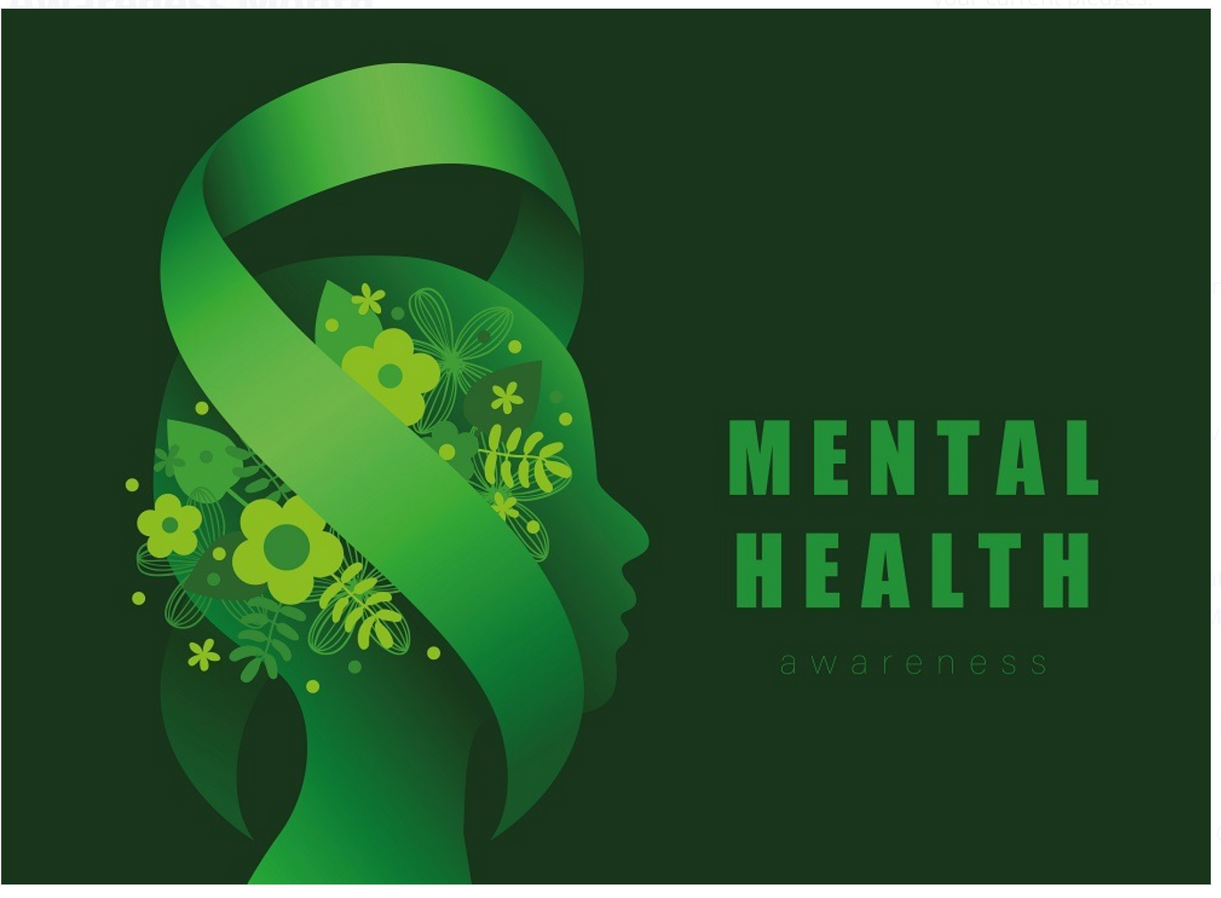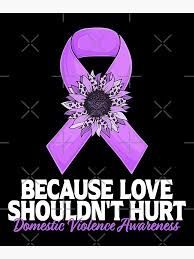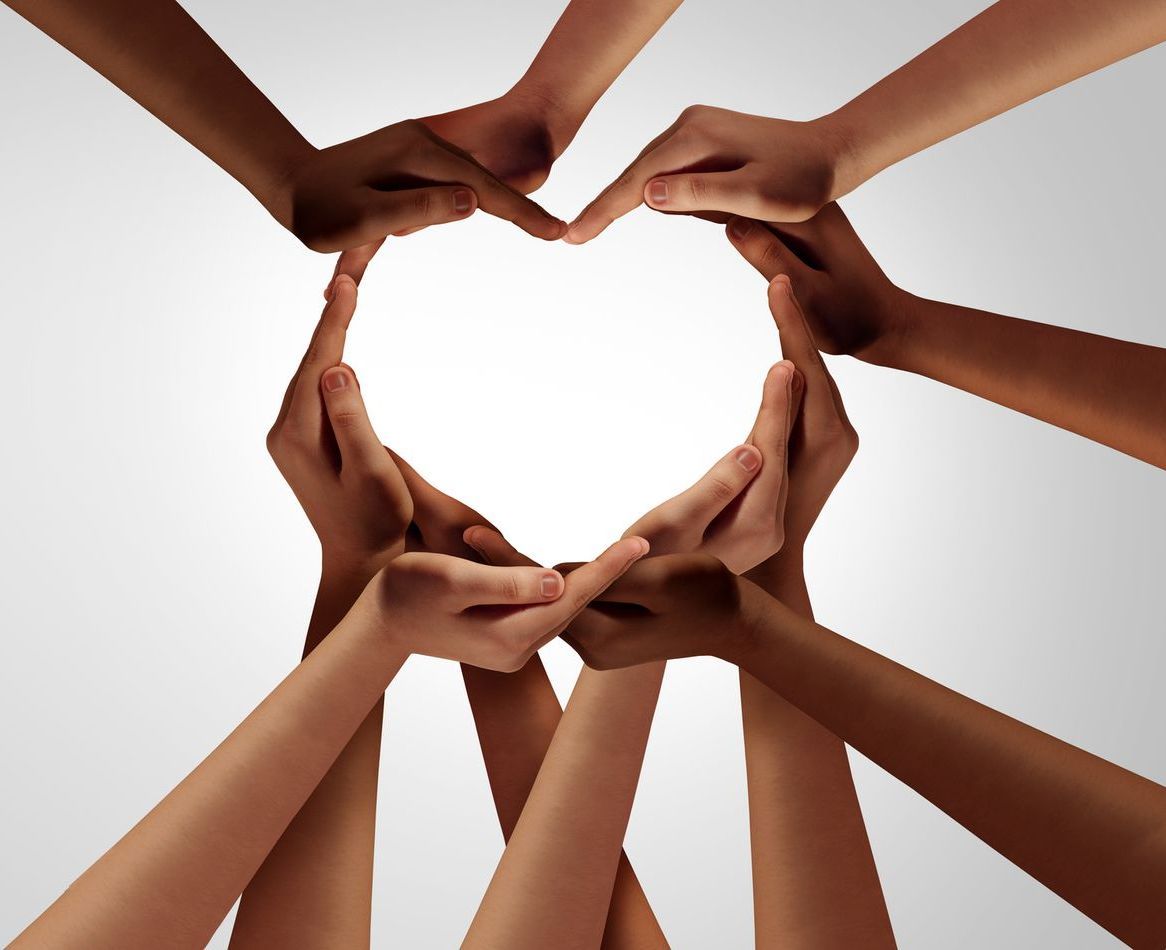National Suicide Prevention Awareness Month
Honoring Lives Lost: A Heartfelt Reflection for Suicide Prevention Awareness Month.

As September marks Suicide Prevention Awareness Month, I find it crucial to share my heart and experiences with a topic that is deeply personal to me before the month ends. Having lost multiple loved ones to suicide, the pain and confusion that accompany such losses are etched into my soul. The most significant loss for me was that of my father. His passing was not just a profound personal tragedy; it was the moment that propelled me into the world of mental health advocacy. It made me acutely aware of the struggles many face, often silently, and ignited a passion in me to help those who feel lost in their darkest moments.
Suicide rates among people of color and individuals living in urban neighborhoods are alarmingly high. According to the Centers for Disease Control and Prevention (CDC), Black youth aged 10 to 19 have seen an increase in suicide rates, which underscores the urgent need for targeted mental health resources and outreach within communities that often remain underserved. Additionally, studies show that urban environments, with their unique stressors, can contribute to heightened rates of mental health issues, leading to increased risk of suicide. These statistics are not just numbers; they represent lives lost and families shattered.
Recognizing the warning signs of someone who may be struggling is essential. These can include changes in behavior, withdrawal from loved ones, a decline in performance at work or school, or expressions of hopelessness. If you notice these signs in yourself or someone you care about, it’s vital to act. Reach out, listen, and encourage them to seek help.
There are numerous resources available for those in crisis. The National Suicide Prevention Lifeline offers 24/7 support at 1-800-273-TALK (1-800-273-8255), and the Crisis Text Line provides immediate assistance via text at 741741. Local mental health clinics, community organizations, and online therapy platforms can also offer support tailored to individual needs, and if you're here reading this, you've already accessed one of those resources.
To anyone who has lost a loved one to suicide, I want you to know that you are not alone in your grief. The journey of healing is long and often filled with complex emotions, but it is important to remember that seeking support is a sign of strength. For those who have contemplated or attempted suicide, your life matters. You are valued, and there is help available. Please reach out to someone you trust or a mental health professional. There is hope, even when it feels like darkness is all around.
As we observe this month dedicated to awareness and prevention, let us commit to opening our hearts, listening to one another, and fostering a culture of compassion and understanding. Together, we can create a world where every individual feels seen, heard, and supported.
Love & Light,
Cookie



